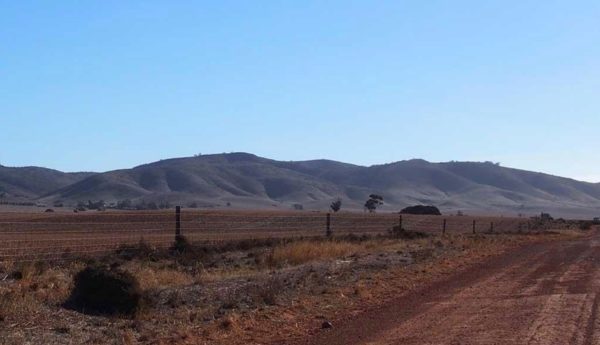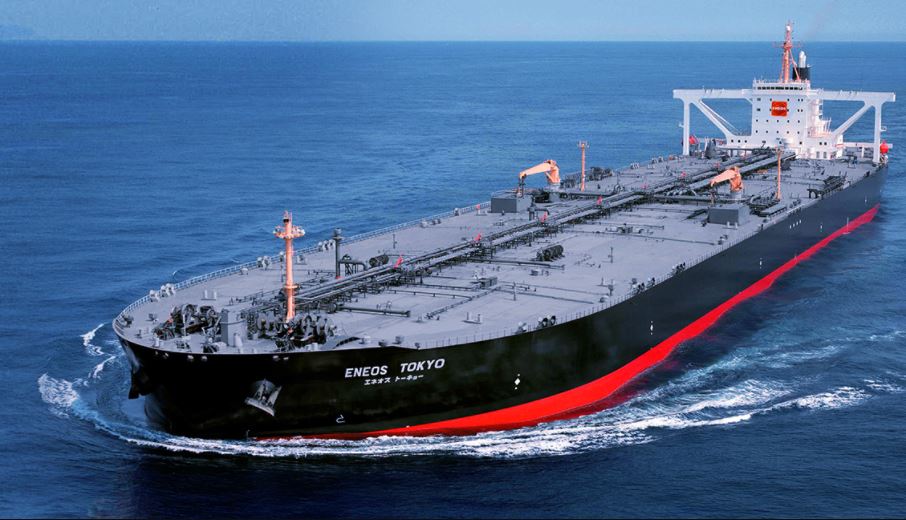Japanese oil refiner Eneos announced this week it had signed a memorandum with French renewables company Neoen to conduct a study on a potential business collaboration for the construction of a green hydrogen supply chain between Japan and Australia.
Eneos, which earlier this year announced it would develop a 204 MW solar farm in western Queensland in partnership with fellow Japanese company Sojitz, is now looking to expand its renewable energy reach into South Australia.
In a statement, Eneos said it is looking to develop a large-scale supply of cost-competitive hydrogen and is striving to establish an international supply chain.
“As a part of these initiatives, Eneos plans to conduct a study for collaboration with a local company in Australia to build a supply chain for an affordable and stable supply of green hydrogen produced from renewable energy,” the company said.
“This will be achieved by utilizing Australia’s excellent potential for cost-competitive hydrogen production due to its favourable climate conditions, including wind and sunlight, and expansive land.”
The joint study will examine the potential for manufacturing green hydrogen from renewable-energy-derived power through water electrolysis in Australia.
The study will also look at the conversion of manufactured green hydrogen into methylcyclohexane (MCH), a form of efficient hydrogen storage and transport and the transporting of MCH to Japan by tankers.
Eneos expects its existing petroleum-related infrastructure, including tankers, storage tanks and dehydrogenation facilities, can be utilized in the hydrogen supply chain, enabling development of a new energy supply system while curbing new investment.

Image: Neoen
Neoen’s involvement in the joint study will include investigating the stable renewable energy supply and water electrolysis cells for hydrogen production.
The French company is one of the world’s leading independent renewable energy power producers and already has more than 2 GW of renewable energy generation in operation or under construction in Australia.
Its South Australia portfolio includes the $3bn Goyder South project which secured government approval earlier this year.
Neon has also received approval to develop the Crystal Brook Energy Park, another hybrid renewables + storage featuring 125 MW of wind, 150 MW of solar PV and 130 MW/400 MWh of lithium-ion battery storage.
“These projects combine wind, solar and battery storage to provide a firm renewable energy power supply, overcoming the limitations of wind or solar only projects,” Eneos said.
Eneos said the South Australia government’s support for renewable energy industries, including hydrogen, and the planned expansion of facilities at its leading port, also factored in its decision to target the state as the base for hydrogen export to Japan.
This content is protected by copyright and may not be reused. If you want to cooperate with us and would like to reuse some of our content, please contact: editors@pv-magazine.com.









By submitting this form you agree to pv magazine using your data for the purposes of publishing your comment.
Your personal data will only be disclosed or otherwise transmitted to third parties for the purposes of spam filtering or if this is necessary for technical maintenance of the website. Any other transfer to third parties will not take place unless this is justified on the basis of applicable data protection regulations or if pv magazine is legally obliged to do so.
You may revoke this consent at any time with effect for the future, in which case your personal data will be deleted immediately. Otherwise, your data will be deleted if pv magazine has processed your request or the purpose of data storage is fulfilled.
Further information on data privacy can be found in our Data Protection Policy.